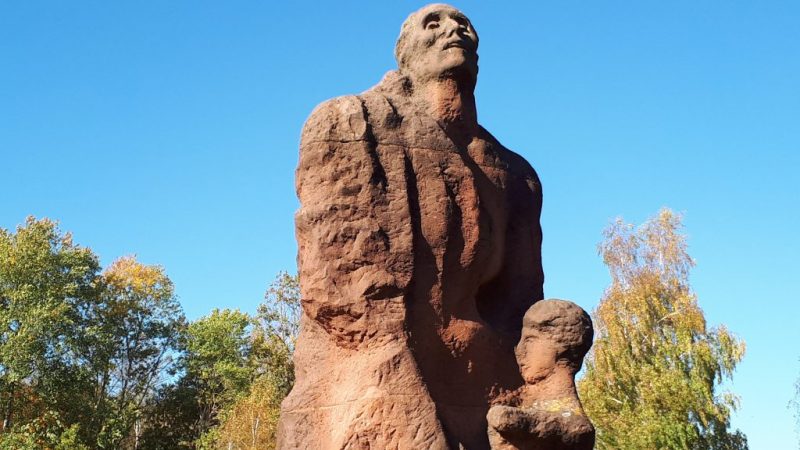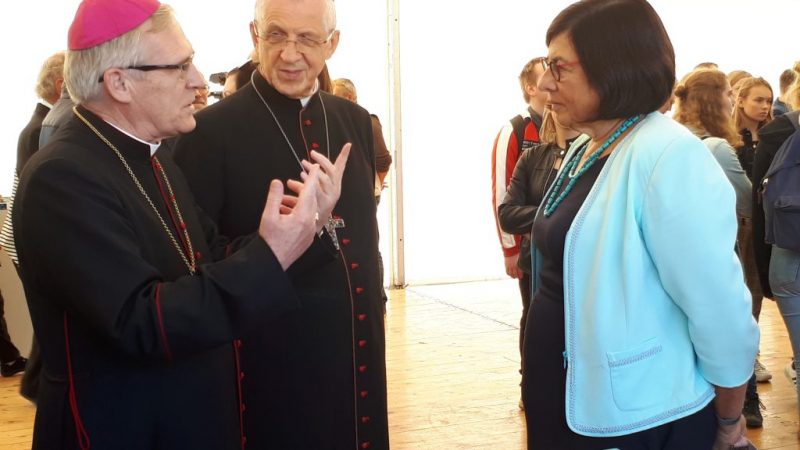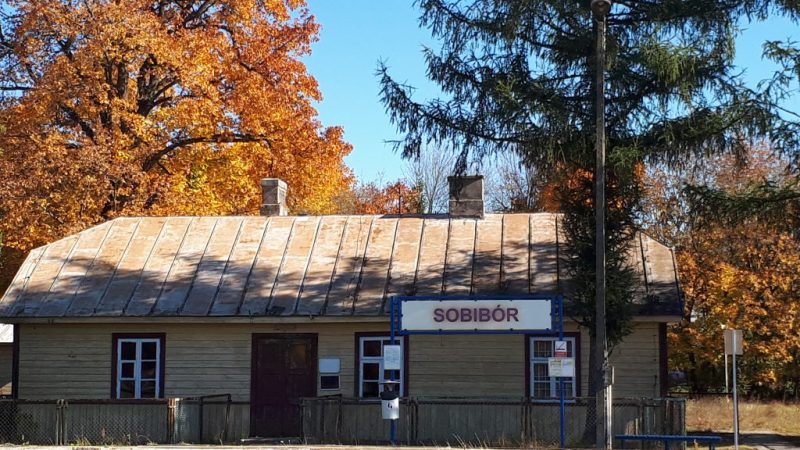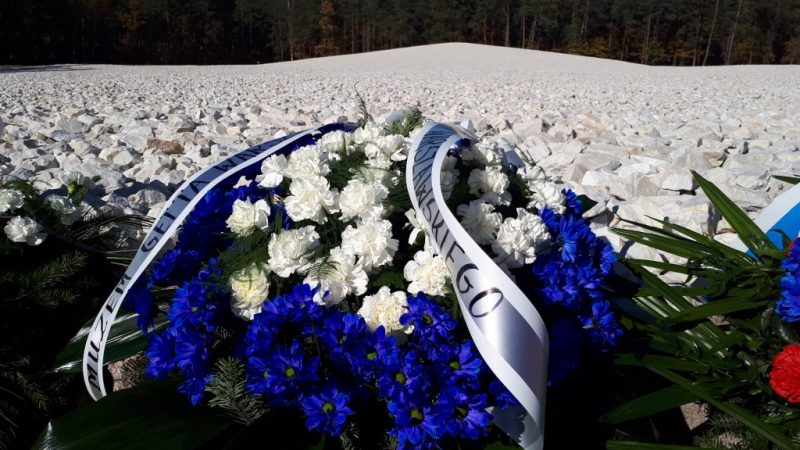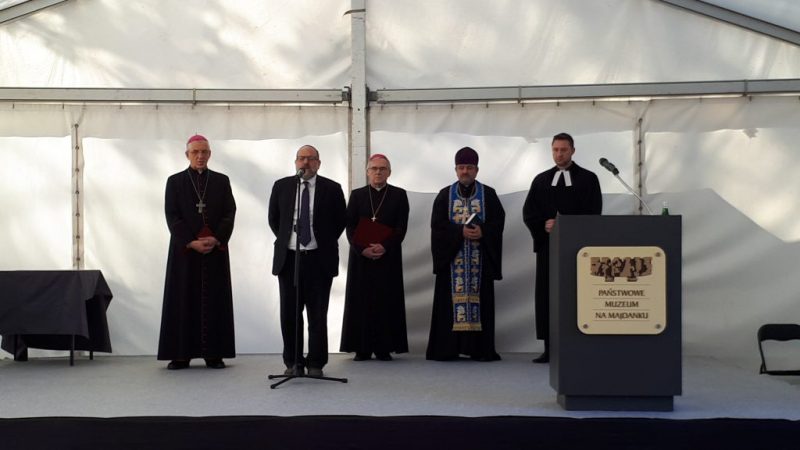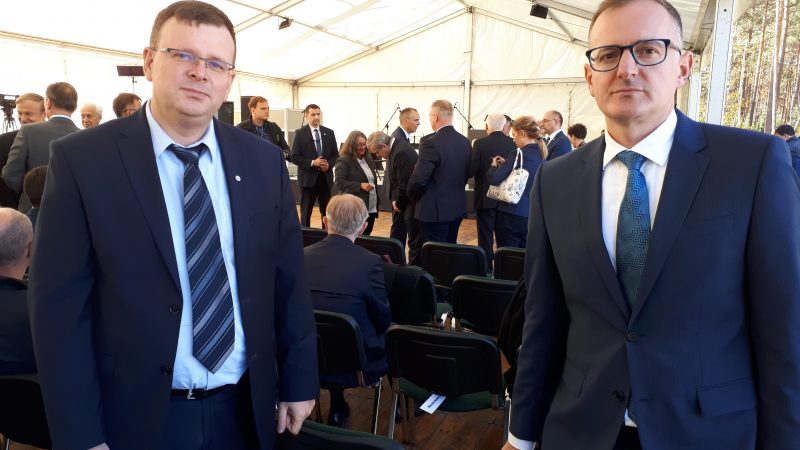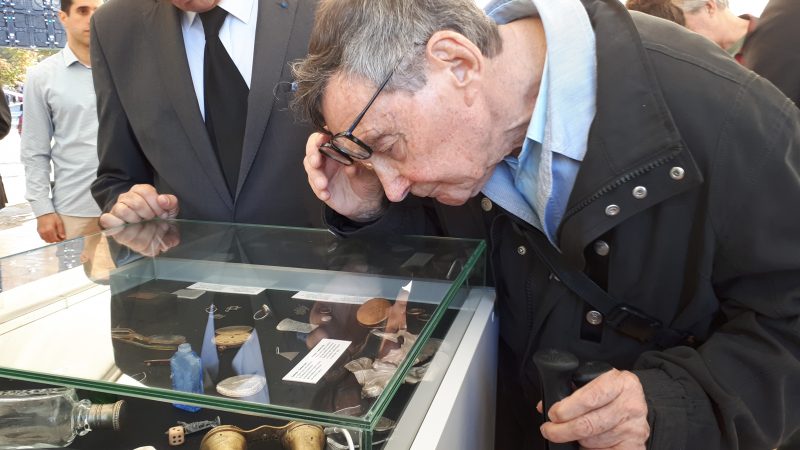75 years ago in Sobibór there was a rebellion of prisoners.
The Rising in the German Nazi extermination camp was led by Lejba Feldhendler and Aleksander Pieczerski. Out of 550 people, nearly 300 prisoners managed to escape. Today, on the premises of the constructed Memorial Museum, ceremonies were held with the participation of representatives of over a dozen countries.
„You are gathering in the place that is a testimony to terrible crimes and at the same time a testimony of proud resistance, heroic fight for freedom and dignity. Here, where the hell on earth was created, where people were deprived of their humanity and trodden, showed its great, steadfast power”. – paying homage to the heroes, the President of the Republic of Poland Andrzej Duda wrote in a letter.
President posthumously awarded the Commander’s Cross of the Order of Rebirth of Poland to one of the organizers and leaders of the Rising of prisoners in the German Nazi extermination camp in Sobibór in 1943.
For bravery and heroic actions, the Commander’s Cross of the Order of the Rebirth of Poland was posthumously awarded to Lejba Leon Felhendler.
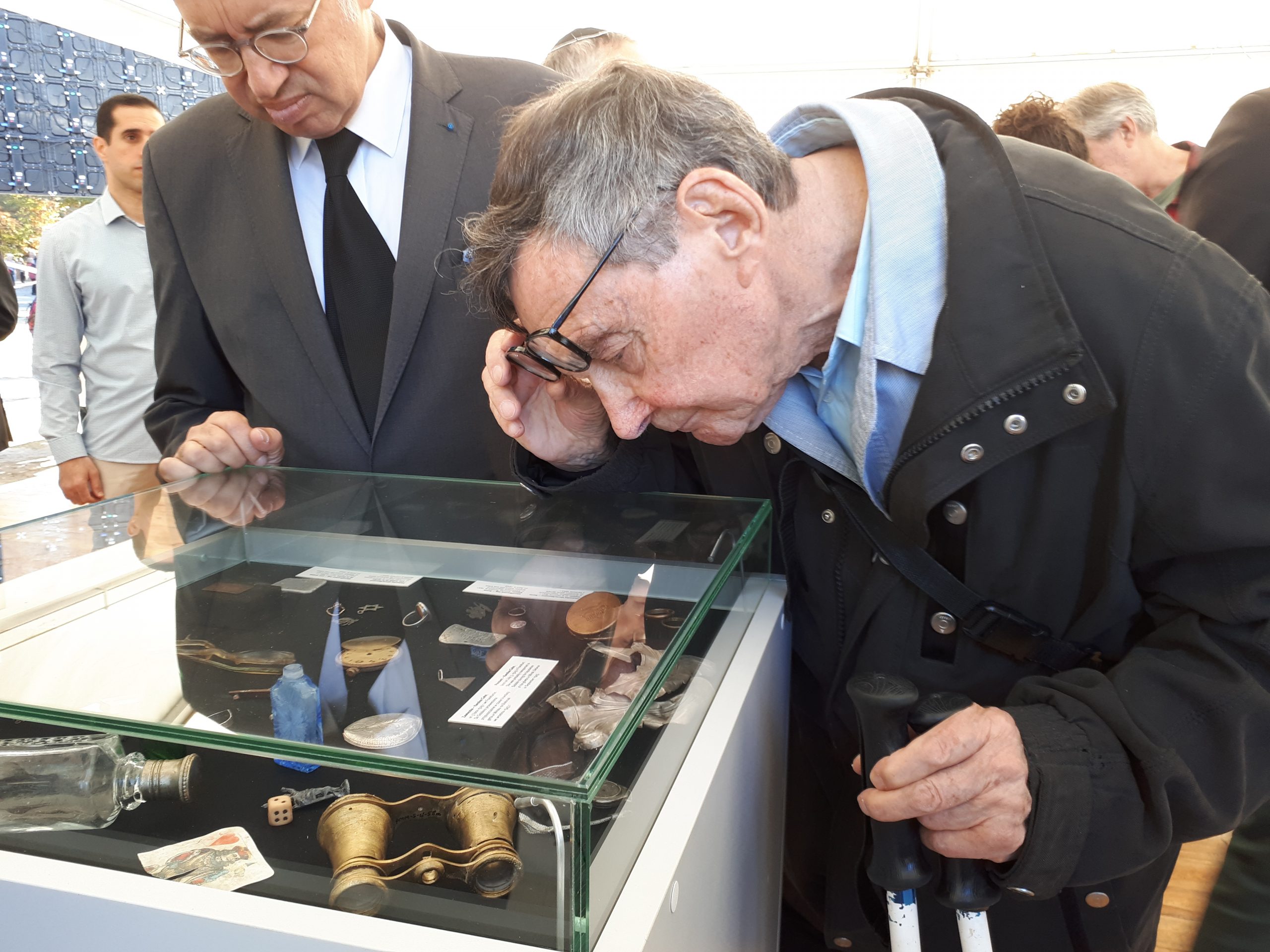
„I did not come here to bury my uncle but to praise him. He was the leader of the rebellion against evil, let us pray for successive generations to learn a lesson from the past.” – said Professor Nicolas Kittrie, the nephew of Leib Felhendler.
„The Holocaust is a hideous crime in the history of mankind. History does not know such a precedent as the first murder planned in the history of man systematically, industrially, coldly, with the involvement of the entire Nazi apparatus of the German state. It is estimated that in the extermination camps established by the German state throughout Poland, the Third Reich’s officers murdered about 3 million Jews.” – emphasized the Minister of Culture and National Heritage, Piotr Gliński.
Information about the April 1943 uprising in the Warsaw Ghetto proved that the resistance is possible. At the same time, prisoners selected for sorting things, realized that transports to Sobibór reached this place much more seldom. They realized that their days were numbered. The underground group in the camp was led by the son of rabbi from Żółkiewka – Lejba Felhendler. On 23rd September, a transport of Jew prisoners kept by the Red Army arrived from Minsk, among whom was the senior lieutenant Aleksander Pieczerski. Prisoners decided about the outbreak of rebellion.
The Ambassador of Russia during the anniversary celebrations stressed that today we are bending down to the will to live and bravery of people, prisoners of that camp from various countries who were doomed to inevitable death, were forced to live in inhumane conditions, did not give up, did not let themselves be defeated, found strength in themselves to rise against evil, fight and win.
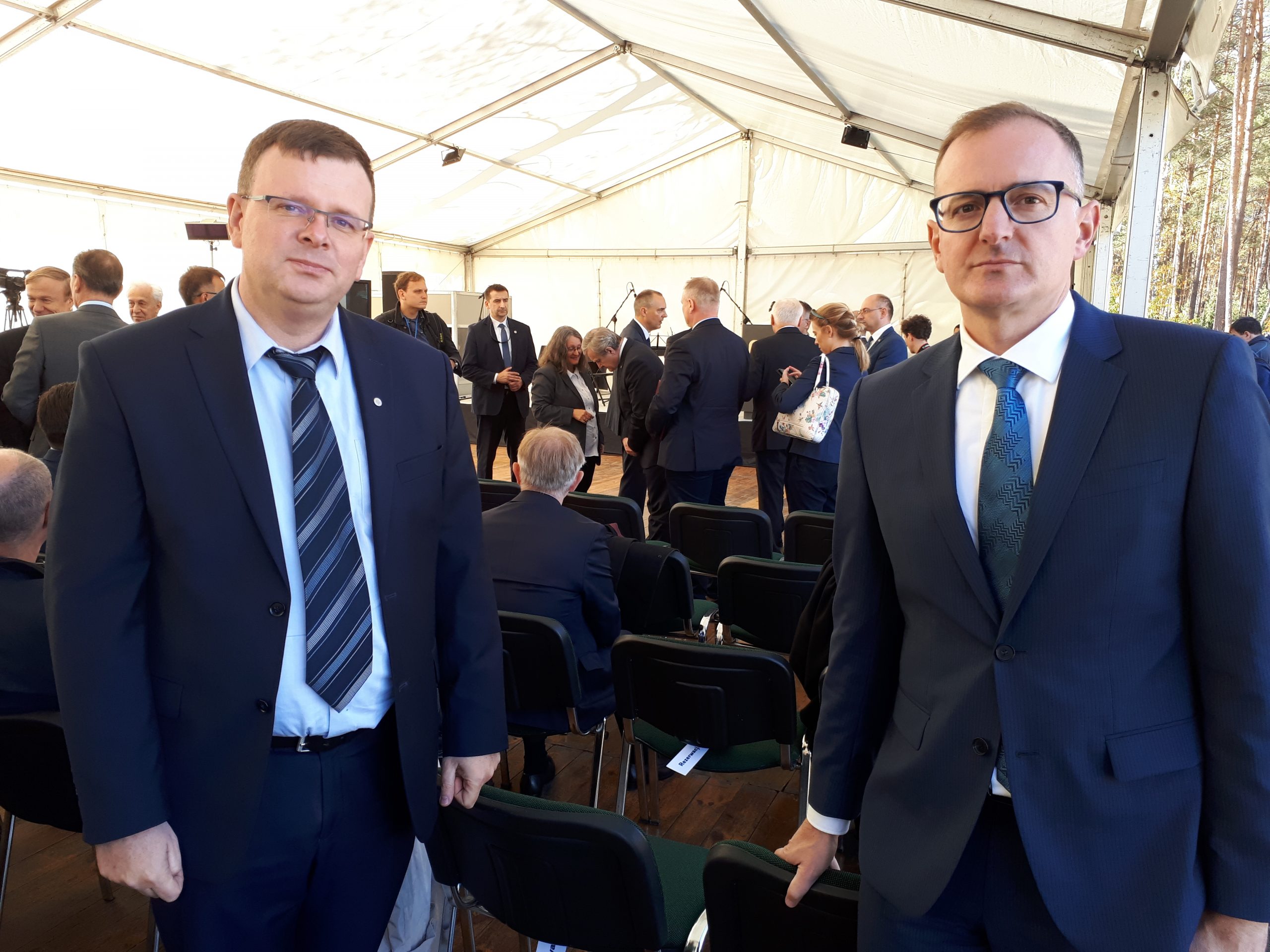
The ceremony was attended by ambassadors and representatives of Germany, the Netherlands, Slovakia, the Czech Republic, the United States, Ukraine, France and Austria. Warsaw Ghetto Museum was represented by the director Albert Stankowski together with Ioseph Bialowitz – son of Filip Białowicz, one of the participants of the rebellion.
After the outbreak of the uprising, the Germans murdered the remaining prisoners and razed the camp to the ground. They planted a forest in the place of the Holocaust. Despite attempts to erase the traces, today we know the truth. The area belongs to the State Museum at Majdanek. The construction of a museum and Holocaust memorial site – the German Nazi extermination camp – is in progress. It is to be opened in 2020.


